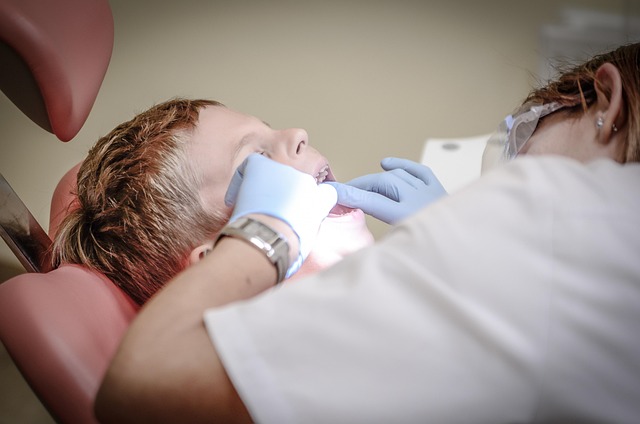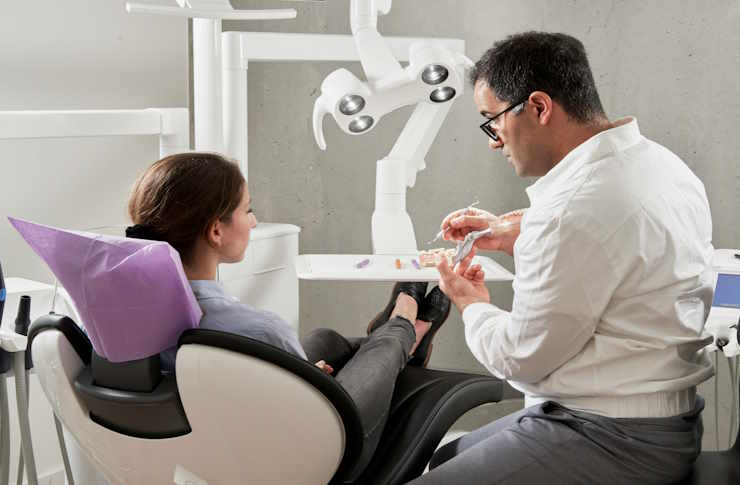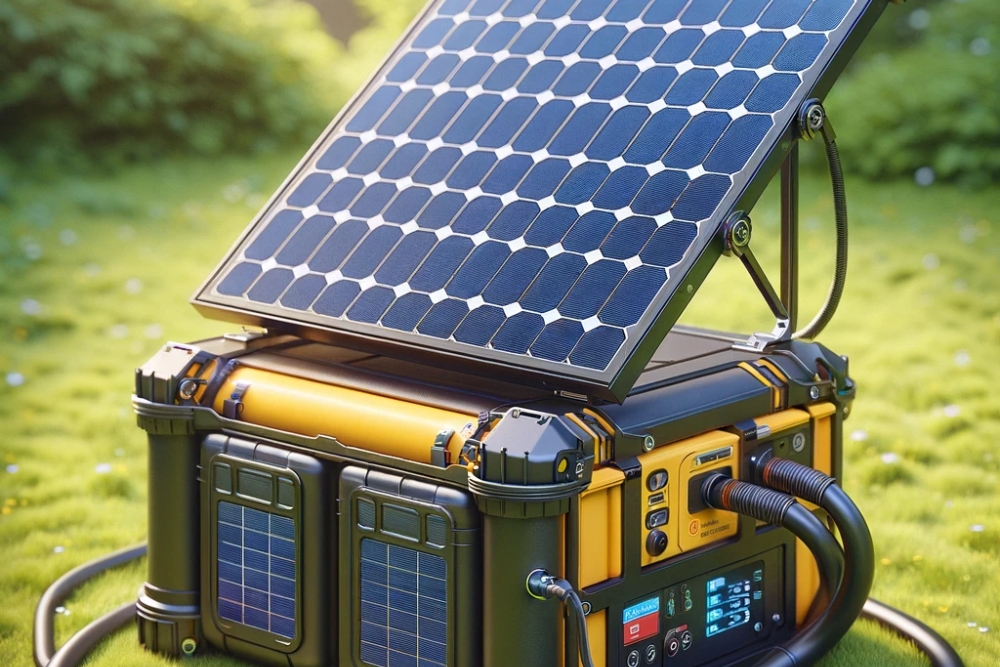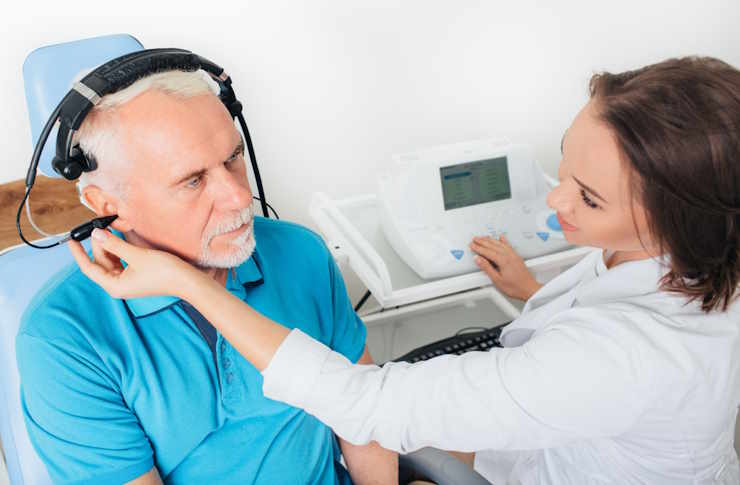Finding Emergency Dental Care When You Need It Most
Dental emergencies can strike at any time, leaving you in pain and desperate for immediate care. Whether it's a severe toothache, broken tooth, or other urgent issue, knowing how to access prompt dental treatment is crucial for your oral health and overall wellbeing. This guide explores emergency dental care options available when regular office hours don't align with your urgent needs.

Dental emergencies don’t follow a convenient schedule. They can occur in the middle of the night, during weekends, or on holidays when most dental practices are closed. Understanding your options for emergency dental care is essential for managing pain and preventing further complications that could arise from delayed treatment.
When Do You Need Same Day Dental Services?
Urgent dental situations require prompt attention. Same day dentist services are appropriate when you experience severe tooth pain that doesn’t respond to over-the-counter pain relievers, significant facial swelling, trauma resulting in loose or knocked-out teeth, or persistent bleeding following dental procedures. These symptoms indicate potential serious conditions that shouldn’t wait for regular appointment scheduling.
Many dental practices reserve slots in their daily schedules specifically for emergency cases. When calling for a same-day appointment, be prepared to describe your symptoms in detail so the office staff can accurately assess the urgency of your situation and provide appropriate guidance. Some practices offer extended hours specifically to accommodate urgent dental needs that arise outside typical business hours.
How to Find Dentists That Take Emergency Walk-Ins
When dental pain strikes unexpectedly, finding a dentist that accepts emergency walk-in patients becomes a priority. Start your search by calling local dental practices and inquiring about their emergency protocols. Many dental offices set aside time each day for urgent cases, even if they don’t explicitly advertise walk-in services.
Dental schools can be another valuable resource for emergency care. Teaching institutions often operate clinics that accept walk-in patients at reduced rates, though treatment may take longer as students perform procedures under faculty supervision. Additionally, community health centers frequently provide dental services on an emergency basis, particularly for patients with limited financial resources. When calling, be clear about your symptoms to help the staff determine if immediate attention is warranted.
What Services Do Overnight Dental Providers Offer?
When dental emergencies occur during nighttime hours, overnight dental services provide crucial care when most practices are closed. These specialized facilities typically focus on pain management, infection control, and temporary treatments to stabilize your condition until definitive care can be arranged with your regular dentist.
Common services offered by overnight dental providers include emergency tooth extractions, temporary fillings for broken teeth, reattachment of dislodged crowns or bridges, and treatment for dental abscesses. Most overnight facilities are equipped to provide diagnostic X-rays and prescribe appropriate medications to manage pain and infection. While these services address immediate concerns, patients are usually referred to their regular dentist for follow-up care and permanent treatment solutions.
How to Prepare for Emergency Dental Treatment
Being prepared for a dental emergency can significantly reduce stress and improve outcomes. Create an emergency dental kit containing over-the-counter pain relievers, gauze pads to control bleeding, a small container with a lid for storing a dislodged tooth, and contact information for emergency dental services in your area.
Before an emergency strikes, research facilities that provide urgent dental care in your community. Save their contact information and familiarize yourself with their hours of operation and payment policies. Many emergency dental providers require payment at the time of service, so understanding your dental insurance coverage for emergency situations is important. Some plans may require pre-authorization even for emergency care, while others cover urgent services at out-of-network providers.
Where to Find Dentists Open 24 Hours in Your Area
True 24-hour dental facilities are relatively rare but exist in many metropolitan areas. These practices specialize in addressing urgent dental needs at any hour, providing a valuable alternative to hospital emergency rooms for dental emergencies. To locate these services, conduct an online search for emergency dental care in your area or contact your local dental society for recommendations.
Mobile applications dedicated to healthcare services can also help identify nearby 24-hour dental options. Many of these apps provide user reviews, accepted insurance plans, and estimated wait times. Dental referral hotlines, often operated by dental societies or insurance companies, can direct patients to appropriate emergency care facilities based on their location and specific needs.
Understanding the Cost of Emergency Dental Services
Emergency dental care typically comes with higher costs than scheduled appointments due to the after-hours staffing and immediate attention provided. The price varies significantly based on the treatment needed, the facility type, and your geographic location. Understanding these potential costs can help you make informed decisions during a dental crisis.
| Service Type | Provider Type | Estimated Cost Range |
|---|---|---|
| Emergency Exam | Walk-in Dental Clinic | $75-150 |
| Emergency Extraction | 24-Hour Dental Facility | $200-700 |
| Emergency Root Canal | Hospital Dental Department | $700-1,500 |
| Temporary Crown Repair | After-Hours Dental Service | $150-400 |
| Abscess Treatment | Emergency Dental Office | $200-600 |
Prices, rates, or cost estimates mentioned in this article are based on the latest available information but may change over time. Independent research is advised before making financial decisions.
Many emergency dental providers offer payment plans or financing options to help manage these unexpected expenses. Some dental discount plans specifically include coverage for emergency services, which could significantly reduce out-of-pocket costs. Before receiving treatment, ask for a detailed estimate of charges and clarify which payment methods are accepted.
Dental emergencies require prompt attention, but knowing your options for immediate care can make a significant difference in both treatment outcomes and your peace of mind. By familiarizing yourself with emergency dental resources in your community before an urgent situation arises, you’ll be better prepared to address painful dental problems quickly and effectively when they occur.
This article is for informational purposes only and should not be considered medical advice. Please consult a qualified healthcare professional for personalized guidance and treatment.




